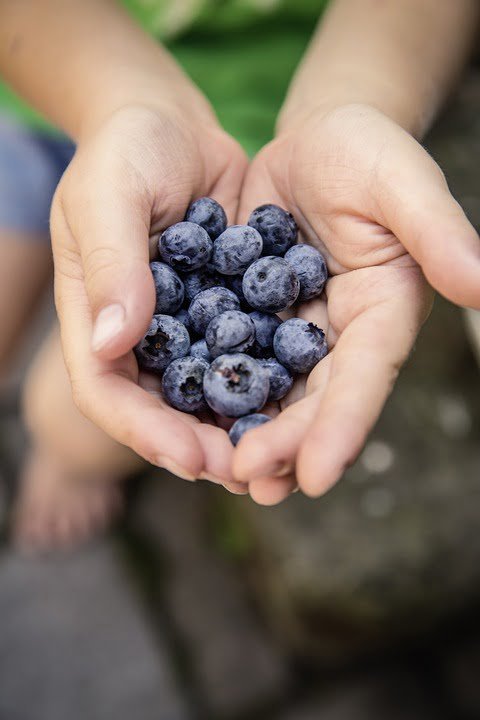[ad_1]
Growing Green: Sustainable Strategies for Eco-Friendly Gardening
As awareness about environmental conservation and sustainable living grows, more and more people are turning to eco-friendly gardening practices. Growing green not only benefits the planet but also helps create a healthier and more vibrant garden. In this article, we will explore sustainable strategies for eco-friendly gardening that can help you reduce your environmental footprint and create a beautiful, thriving garden.
Why Go Green in Your Garden?
There are many reasons to adopt eco-friendly gardening practices in your garden. By choosing sustainable strategies, you can:
- Reduce your carbon footprint
- Conserve water and other resources
- Support biodiversity and create a healthier ecosystem
- Create a beautiful and vibrant garden
By going green in your garden, you can help protect the environment and create a more sustainable future for generations to come.
Key Sustainable Strategies for Eco-Friendly Gardening
1. Water Conservation
One of the most important aspects of eco-friendly gardening is water conservation. By adopting water-saving strategies such as mulching, drip irrigation, and collecting rainwater, you can reduce your water usage and create a more sustainable garden. Mulching helps retain moisture in the soil, while drip irrigation delivers water directly to the roots of plants, minimizing waste. Collecting rainwater in a barrel can also provide a free and sustainable source of water for your garden.
2. Organic Gardening
Organic gardening is another key component of eco-friendly gardening. By avoiding synthetic pesticides and fertilizers, you can create a healthier environment for plants, beneficial insects, and other wildlife. Instead, opt for organic and natural alternatives such as compost, manure, and biological controls. By working with nature rather than against it, you can create a balanced and sustainable garden ecosystem.
3. Planting Natives and Pollinator-Friendly Plants
Choosing native plants and pollinator-friendly plants is essential for creating a biodiverse and sustainable garden. Native plants are adapted to the local climate and soil conditions, making them more resilient and low-maintenance. Pollinator-friendly plants attract bees, butterflies, and other beneficial insects, helping to support biodiversity and create a healthy ecosystem in your garden.
4. Composting
Composting is a natural and sustainable way to recycle organic matter and create nutrient-rich soil for your garden. By composting kitchen scraps, garden waste, and other organic materials, you can reduce waste, improve soil health, and promote a more sustainable garden. Compost adds valuable nutrients to the soil, improves soil structure, and supports healthy plant growth.
Common Questions About Eco-Friendly Gardening
1. How can I reduce my water usage in the garden?
To reduce water usage in your garden, consider using mulch to retain moisture, installing drip irrigation to water plants directly at the root level, and collecting rainwater in a barrel for use in the garden.
2. What are the benefits of organic gardening?
Organic gardening offers many benefits, including creating a healthier environment for plants, beneficial insects, and wildlife, reducing chemical runoff and pollution, and promoting sustainable and regenerative gardening practices.
3. How can I attract pollinators to my garden?
To attract pollinators such as bees and butterflies to your garden, plant a variety of native and pollinator-friendly plants, provide shelter and nesting sites, and avoid using synthetic pesticides that can harm beneficial insects.
4. Why is composting important for eco-friendly gardening?
Composting is important for eco-friendly gardening because it helps recycle organic matter, reduce waste, improve soil health, and promote sustainable gardening practices. Compost adds valuable nutrients to the soil, improves soil structure, and supports healthy plant growth.
Conclusion
By adopting sustainable strategies for eco-friendly gardening, you can create a beautiful, vibrant garden while reducing your environmental footprint and supporting biodiversity. Water conservation, organic gardening, planting native and pollinator-friendly plants, and composting are key practices that can help you create a sustainable and thriving garden. By making small changes in your gardening practices, you can make a big impact on the planet and create a more sustainable future for generations to come.
Start growing green in your garden today and reap the many benefits of sustainable gardening!
[ad_2]



